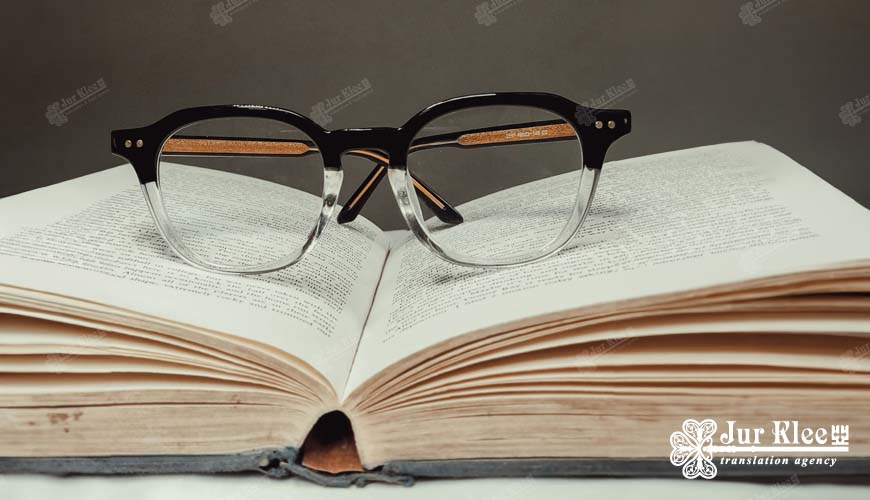
Secrets of translation of literary works
The translation of literary works requires the translator to be deeply immersed in the cultural and historical context of the original. Knowledge of the era in which the work was created, its cultural, historical and social aspects help not only to translate the text, but also to convey its deep meaning. For example, without understanding the living conditions in Victorian England, it is difficult to fully translate the novels of Charles Dickens. The translator needs to study the source text, consult with experts, and sometimes become a researcher himself.
The balance between loyalty and adaptation
It is important for a translator to find a balance between strict fidelity to the original and the need to adapt the text for a new audience. A translation that is too literal may turn out to be incomprehensible or boring for readers, while a translation that is too free may change the original message of the author. A good literary translation takes into account the nuances of the language, preserves the style of the author and at the same time makes the text accessible and interesting for a new culture. This is especially true when translating idioms, jokes, and sayings that require not direct translation, but a creative approach and the search for cultural analogues.
Techniques and methods of literature translation
To achieve high-quality translation, translators use various methods. For example, the technique of "transparent" translation helps to create the illusion that the text is written directly in the target language. This requires the translator not only to have knowledge of the source and target languages, but also the ability to write well, a sense of style and text. The translation of dialogues and idiomatic expressions is especially difficult, as it requires the preservation of the unique features of the characters' speech and at the same time maintaining the smoothness and naturalness of speech. Verse translation, for example, often involves working with rhythm and rhyme, which may require a complete rethinking of the original lines.
Translation of literary works is a difficult and responsible task that requires not only deep knowledge from the translator, but also a creative approach. A successful translation is able to transfer the reader to another culture, while maintaining the unique style and voice of the author. This is really an art that requires not only knowledge, but also intuition, sensitivity and respect for the original.
